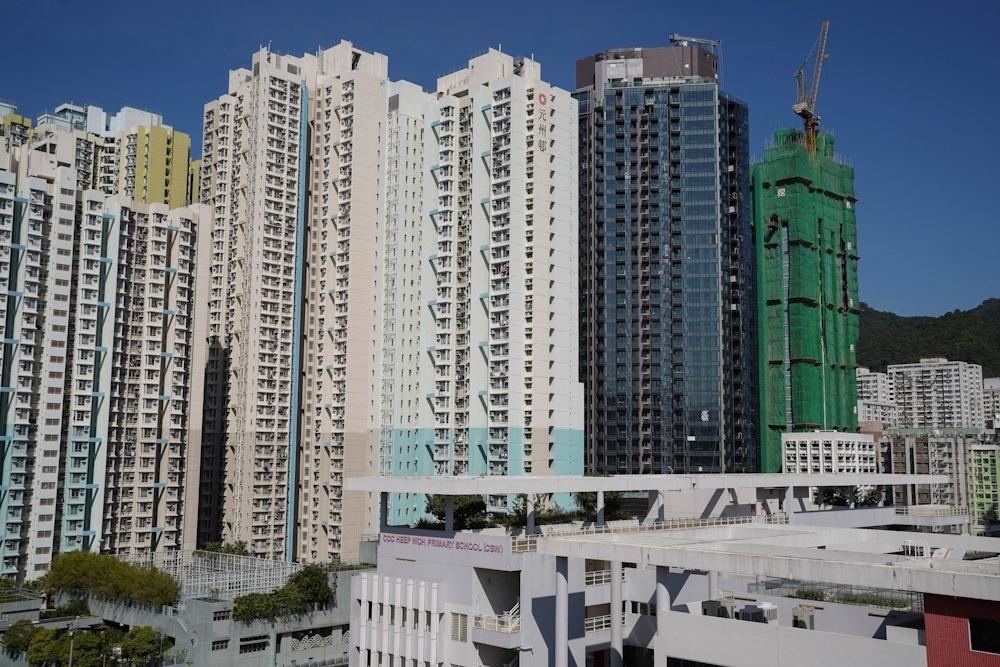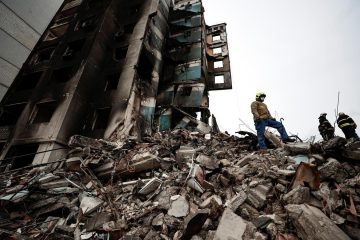Severe Measures Implemented by Hong Kong to Forestall Real Estate Crash

Slashing a number of property taxes is a daring move by Hong Kong to alleviate a real-estate downturn and revive a market that is often viewed as a representation of the city’s struggling economy.
In his annual budget statement on Wednesday, Financial Secretary Paul Chan said that the government has abolished the long-standing property taxes that were levied on nonpermanent residents, second-home buyers, and those who resold their properties within two years of purchase.
Amidst social upheaval, the aftermath of the government’s stringent approach to curbing COVID-19, and the slowing of China’s economy, the world’s most expensive real estate market has taken a beating. This move is an effort to restore some of that lost glory. The strain has been exacerbated by Hong Kong’s high interest rates, which mirror those of the United States as a result of its currency peg.
Hong Kong’s property market has long relied on buyers from mainland China; a proposal to reduce taxes on these buyers could attract even more of their capital. The luxury market in Hong Kong has taken a serious hit as Chinese tycoons, who are facing pressure back home, have been compelled to sell their properties.
Since mid-2022, the value of Hong Kong’s ultra-luxury properties has dropped by about 25%.
In an effort to rein in the skyrocketing property prices that had made Hong Kong’s real estate market one of the most unaffordable in the world, the government began making a series of announcements beginning in 2010 that included the introduction of the new levies. They are all variations on the same tax: stamp duty, which is levied on the sale of real estate.
In light of the present economic and market circumstances, “the relevant measures are no longer necessary,” Chan stated.
In an effort to boost the market, the Hong Kong government loosened regulations last year, reducing taxes for foreigners and second-home purchasers by half and lowering the down payment for some properties. Property prices in Hong Kong hit a seven-year low by the end of 2023, as reported by the Rating and Valuation Department.
Potential buyers were able to borrow more for homes valued approximately $4 million on Wednesday, thanks to the city’s monetary authority further relaxing mortgage requirements.
Following the announcement, the stock of Hong Kong real estate developers surged, going against the market trend of selling off. Stocks of New World Development, Sun Hung Kai Properties, and Henderson Land Development all rose in afternoon trade, recouping part of the ground lost earlier in the year when their stock values fell.
In the upcoming fiscal year that begins on April 1, the city’s budget deficit is projected to grow to almost $13 billion. According to Chan, it’s bigger than anticipated. Chan predicts that the government’s primary revenue stream—the sale and leasing of land—will drop to $2.5 billion, a $8.4 billion decrease from both the initial projection and the previous year.
As part of larger efforts to support the city in the face of competition from Singapore and other places, the Hong Kong government has implemented extensive property restrictions. Foreigners and locals alike fled the Asian financial hub in fear of Beijing’s political crackdown and the city’s strict pandemic controls.
However, new immigration regulations introduced by Hong Kong in 2022 were intended to attract brilliance, and as a result, tens of thousands of Chinese citizens have arrived in the last year.
On Wednesday, the city’s leadership pledged to offer services to help more mainland Chinese and international talent live in the area. According to the budget, about $128 million has been set up for tourism in the upcoming year in order to entice more tourists with high spending habits to stay the night.

